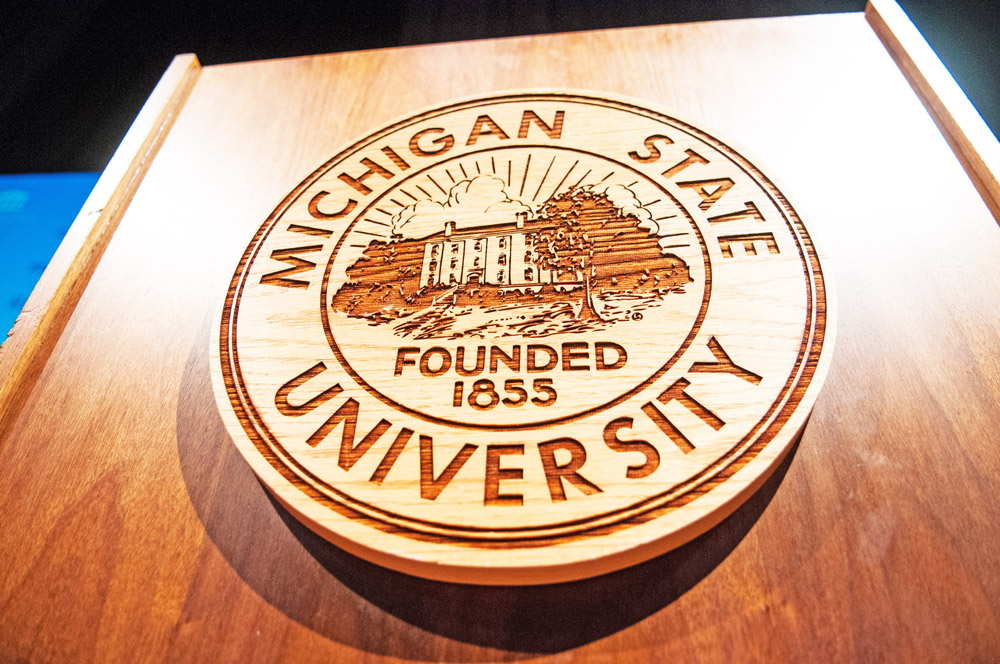The work of MSU IT directly supports the success of our campus partners. This connection was made readily apparent to MSU IT’s Alyssa Bradley and her video production team within Educational Technology last semester, when they worked with two faculty members to create videos vital to instruction and research related to inclusive practices and social awareness.
Dr. Elia Hefner, professor in the Biochemistry Molecular Biology Department, is using funds from a Catalyst Grant from the Center for Teaching and Learning Innovation to create videos that take a unique look at scientists and their discoveries.
“So, we always think about the scientists and their discoveries, but we don’t think about the scientists and place them in time and think about their own identities and the things that they struggled with potentially, and how all of those things come together,” Dr. Hefner said.
Dr. Hefner enlisted Bradley and her team to help create animated videos that help tell those stories in a way that deeply engages students.
“I want to give students more perspective to say scientists are people,” Dr. Hefner said. “And, to humanize the subject a bit to help students remember that whatever they go on to next, to humanize yourself, and then you can see others as humans. You know that we can have compassion for one another and don’t lose sight of who you are and where you came from and bring that with you because it will help you reach people more authentically and meaningfully.”
Bradley let her student employees take the lead in creating the animations for the video series.
“It’s animation heavy so we worked closely with Dr. Hefner to get the vibe of the animation and visuals,” Bradley said. “It’s been a fun learning experience. The students get to dive in and learn new skills.”
Dr. Kune Park, Assistant Professor at the School of Social Work in the College of Social Science and a child welfare scholar, recruited Bradley’s services to assist with her research on racial equity issues in the child welfare system.
“One of my research projects addresses an important issue that may help explain why youth with a foster care background are at increased risk of legal system involvement—sometimes referred to as the ‘foster care-to-prison pipeline’ or the phenomenon of ‘crossover youth’” Dr. Park said. “Older youth and racial minority youth in foster care are disproportionately more likely to come into contact the legal system.”
As part of Dr. Park’s research, Bradley is producing 10 videos of the same scene, featuring actors of different genders, races, and ethnicities. These videos will be shown to child welfare workers to examine factors influencing their decision-making process.
“I want to deeply understand their mechanisms, the factors involved, and their decision-making process,” Dr. Park said. “What systemic bias many workers have, and are there any resources or training available to help them address those biases in their decision-making process? Additionally, do youth who face challenges have access to services available? If not, what are the barriers preventing them from accessing services?”
Dr. Park said that while finding talented actors to perform in the vignettes has been challenging, collaborating with Bradley has helped bring her research to life.
“‘Working with her—her quality of work in producing these videos, her professionalism, and her adaptability has been tremendous,” Dr. Park said.
Bradley said that working with Dr. Hefner and Dr. Park has been rewarding.
“These projects have been multifaceted,” Bradley said. “I’ve enjoyed working with faculty to bring their vision to life. We want to help them create engaging content, and any time you get to do that is always really exciting to me.”
To work with the MSU IT Educational Technology video production team, request video production services by filling out this form: Media Production Request Form.


